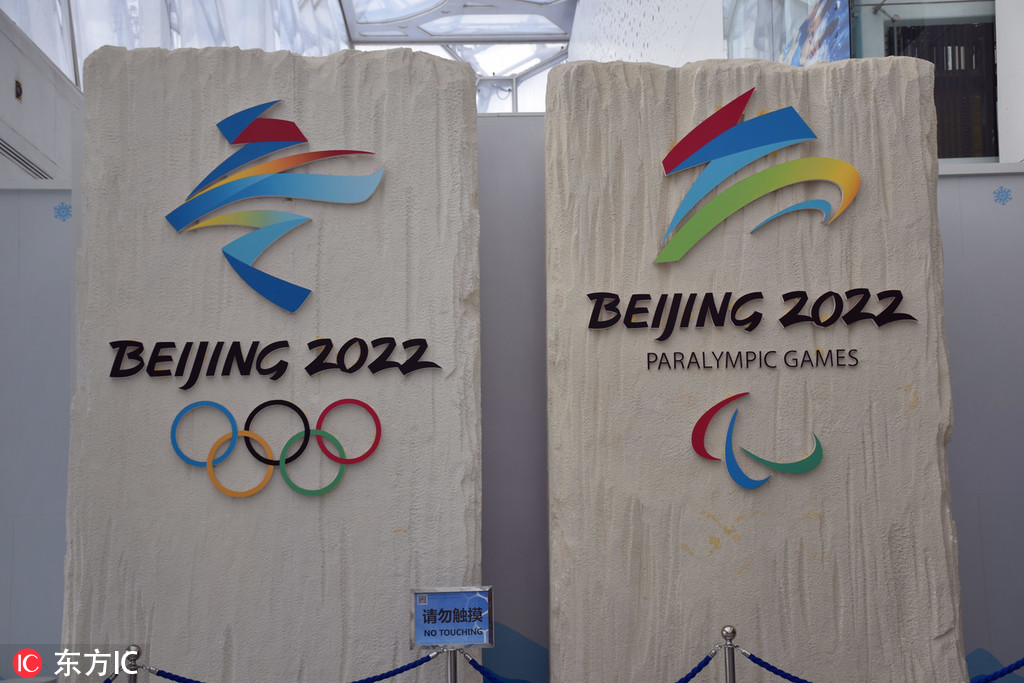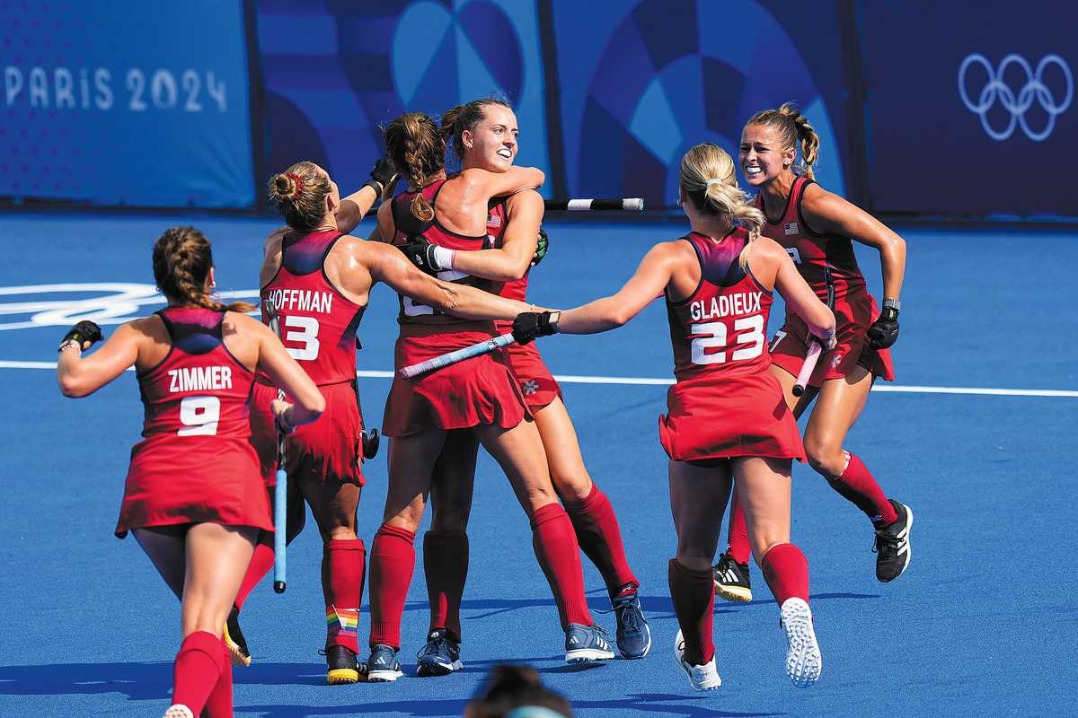China makes Beijing 2022 a game-changer for Olympic reform


JINAN - With a "truly exceptional Winter Games" at hand in just a few short years, China aims play a game-changing role for Olympic reform as preparations are in full swing for the 2022 Winter Olympic Games.
Beijing hosted the Summer Games in 2008, and will become the first city ever to host both the Summer and Winter Olympics, after the International Olympic Committee (IOC) gave Beijing the right to host 2022 Winter Games.
Just as the past 40 years of reform and opening up have served as a big game changer for China as a whole, it did the same thing for sports in the country. China took part in its first Winter Olympics in 1980, and broke its Olympic gold drought at the 1984 Summer Olympics.
However, China failed to win the right to host 2000 Summer Olympics in 1993. Eight years later, China succeeded in bidding for 2008, and it was a true victory for Chinese people.
The successful Summer Olympics left China with abundant legacies such as modern sporting facilities, improved urban infrastructure and greater environmental awareness.
As China attached great importance to the idea of sustainability from the very beginning of bidding process to the current preparations for the Beijing 2022 Olympic and Paralympic Games, among the 13 competition and non-competition venues in downtown Beijing, 11 are legacy venues from the Beijing 2008 Olympic Games.
"A lot of venues in 2008 Summer Games are now being renovated to become suitable for winter sports for the 2022 Games," said Chang Yu, director of the Department of Media and Communications of the Beijing 2022 Games Organizing Committee.
According to Chang, the National Stadium, also known as the Bird's Nest, will hold the opening and closing ceremonies, while the National Aquatics Center, known as the Water Cube, will host curling matches after being rebranded the "Ice Cube."
The use of preexisting venues will greatly reduce the costs for 2022, showing China's adherence to the idea of sustainability as conveyed by "Olympic Agenda 2020." The Agenda 2020, approved in late 2014 by IOC, contains 40 proposals mainly around cutting bidding and organizing costs for hosts, which were echoed by three concepts: "athlete-centered, sustainable and economical" in Beijing's bidding report ahead of the Winter Games. Beijing 2022 will be the first Winter Games to fully benefit from the reforms from their very outset.
In terms of the newly-built National Speed Skating Oval, dubbed the "Ice Ribbon," it is the only permanent new ice-sports venue for the 2022 Winter Olympics in Beijing.
Chang added the designers have taken into consideration of the future use in advance and they would serve their functions after the Games.
In November, the Beijing 2022 Legacy Coordination Committee was set up in the hope of ensuring Beijing 2022's long-lasting benefits to the citizens of China. Beijing 2022 will utilize 26 competition and non-competition venues located in three clusters of downtown Beijing, Yanqing district and neighboring Zhangjiakou, Hebei province.
China's set about transforming an old steel mill owned by Shougang Group into facilities for the 2022 Games, demonstrating its sustainable approach to hosting the Games.
Most Popular
- Embiid stands tall against Celtics, despite pregame fall
- Wemby scores 42 in a memorable Xmas debut, but Spurs fall short
- Mahomes throws 3 TDs as Chiefs clinch top seed
- Littler is a big deal
- Thohir determined to take Indonesia back to World Cup
- All-Filipino crew set to make history































